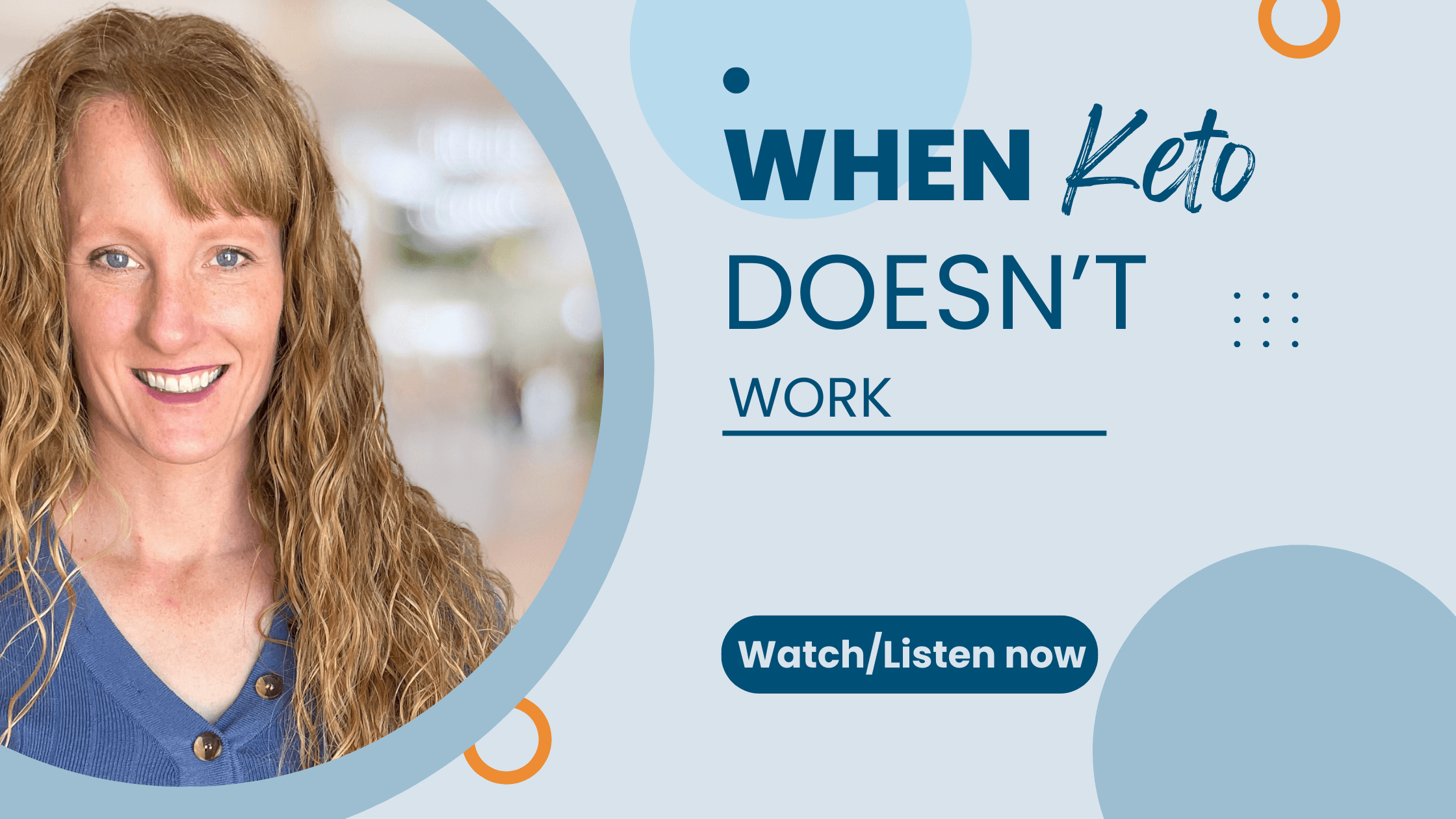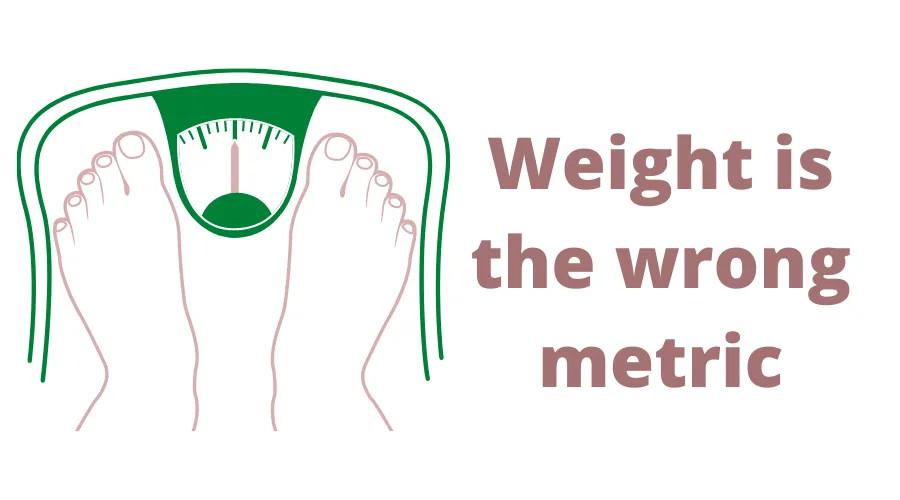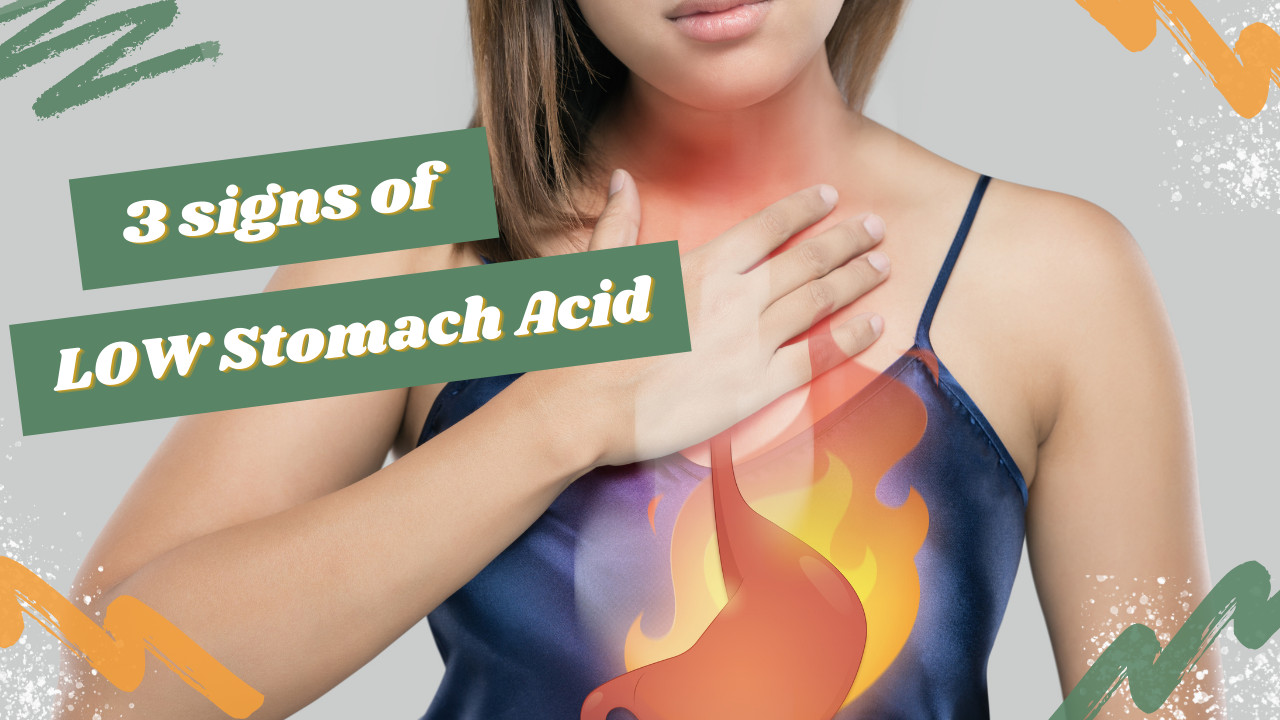
When Keto Doesn’t Work
RESOURCES:
Test your Ketones at Home:
https://bit.ly/3Ga40Yd
Learn how to do a Proper Ketogenic Diet:
https://healthylifewithandrea.com/keto-simplified
EPISODE DETAILS:
The ketogenic diet has many reputations - everything from being a miracle, cure-all to being an unhealthy fad diet. Both can be true, but it’s not that simple.
Let’s first define what a ketogenic diet is when done correctly and who may benefit from it. The ketogenic diet is one that is very low carbohydrate, moderate protein, and higher in fat. There are many applications of this metabolic nutrition therapy and each has it’s own macronutrient ratio. Classic ketogenic diets involve 3-4g of fat for every gram of carb and protein. This is typically only used in children with epilepsy and serious metabolic dysfunctions. Modified ketogenic diets for insulin resistance, prediabetes, type 2 diabetes, some mental health conditions, and weight loss typically look at keeping carbohydrates under 50g (often under 20g), 20-35% of calories from protein, and 60-75% of calories from fat (adjusted based on flavor and satiety). Individual adjustments then occur within these parameters to help each person achieve their goals and feel their best. Some do well with higher protein, some do better with the lower end of the protein scale with more fat. Some do best with 0 carbs, some do well with higher amounts of non-starchy carbs.
The reason keto gets labeled as a “fad” is in the application. A true ketogenic diet doesn’t involve “keto” snacks, treats, shakes, cookies, breads, and other packaged foods. It involves quality proteins, healthy fats and oils, and non-starchy vegetables. A true ketogenic diet isn’t done for the short term, quick win like a crash diet. It’s done for the metabolic health benefits. A true, well formulated ketogenic diet is the ONLY diet with a solid marker to ensure it’s working - ketones. Ketones are byproducts of fat breakdown and can be used by nearly every cell in the body. They aren’t dangerous, but rather preferred by several tissues like the brain and heart. The presence of ketones proves the metabolic adaptations are occurring, unless exogenous ketones are being consumed. Exogenous ketones can be beneficial, but simply drinking them doesn’t use YOUR body fat for fuel.
So, why would a ketogenic diet not work? First, how is it being determined not to work? Are you not getting into ketosis? Are you not seeing the weight loss? Are you experiencing symptoms or other issues that weren’t present before this nutrition plan was started? Each of these will have different remedies.
If you’re not getting into ketosis, are you sticking to very low carb? Are you over consuming total food? Have you given the plan an adequate amount of time for your body to adjust? If you have been a type 2 diabetic for 20 years, you likely won’t get into ketosis in a few days. It may take several weeks for your body to adapt. You may also need to adjust your protein and healthy fat intake. I would also make sure you’re testing appropriately - urinary ketones are not as accurate, and make you believe you aren’t in ketosis, when you really are.
If you aren’t seeing the expected weight loss, again start with your intake and macronutrient ratio. If you truly are eating an appropriate ketogenic diet filled with quality foods, try adjusting the macro ratios (more or less protein; opposite with fat), try adjusting the carbs a little (still under 50g, go up or down). You might also check body composition. You could be losing fat, but not weight. The scale may be deceiving you into believing you aren’t getting results. If you’re still stuck, there is likely something else going on. Years of yo-yo dieting, chronically undereating, toxin exposures, underlying infections, or even other health conditions may be interfering. A solid investigation will help to uncover your particular sticking point.
If you’re experiencing new symptoms or issues, such as constipation, diarrhea, headaches, swelling, skin changes, low energy, muscle cramps, sleep disturbances, etc…there is something else contributing to the problem. Constipation could indicate inadequate fat intake or a digestive dysfunction. Diarrhea could intake too much fat in one sitting, a liver or gallbladder dysfunction, or a gut imbalance. Headaches could be due to mineral imbalances, dehydration, or withdrawal from sugar. Swelling could be a gut imbalance or mineral deficiency. Skin changes can be gut imbalances, underlying infections, detoxification reactions, or nutrient deficiencies. Low energy can be detox reactions, under eating, nutrient deficiencies, mineral imbalances, or blood sugar crashes indicating insulin resistance. Muscle cramps are most often due to mineral imbalances, especially magnesium. Sleep disturbances can be blood sugar imbalances, detox reactions, underlying infections, or the initial loss of water when cutting carbs (causing more bathroom trips).
It’s so vital to do a deep dive into your particular issues and remedy those, rather than simply saying keto doesn’t work. Look very closely at every single label of food you’re consuming. Artificial sweeteners, natural sugar alternatives, preservatives, and other additives could be causing elevations in blood sugar or insulin, which will alter your ability to make ketones.




















0 Comments